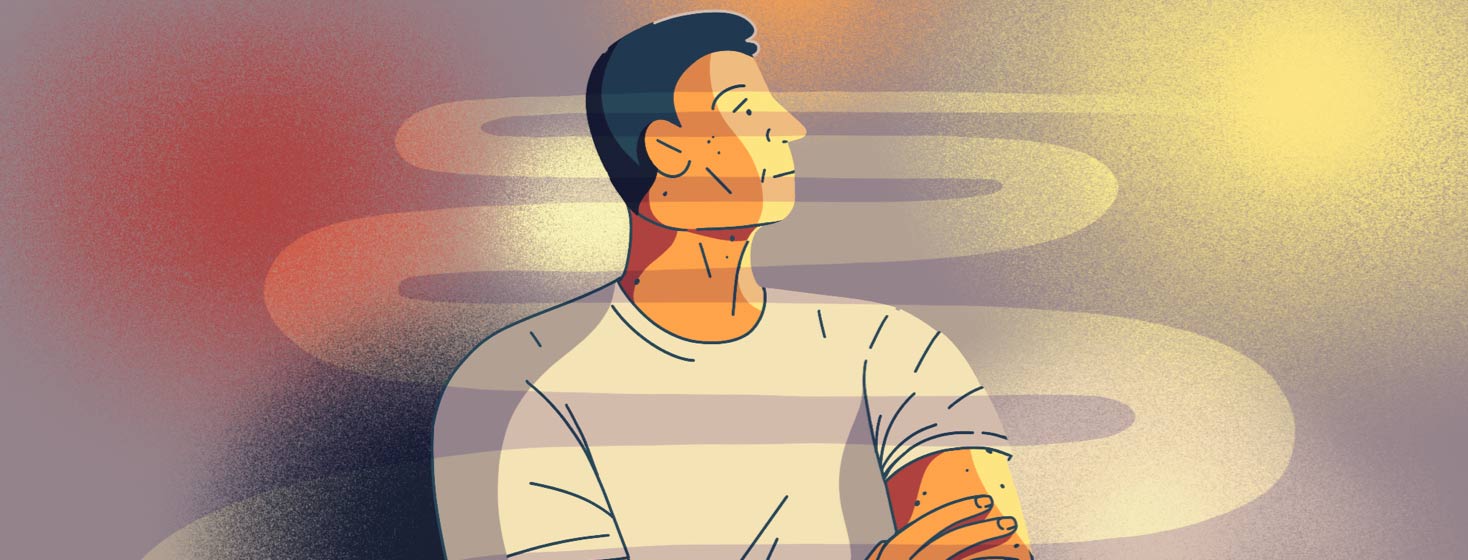A Man's Journey Through a Woman's Disease
One of the most pervasive myths is that lupus is solely a woman’s disease. As a man living with lupus, I navigate a landscape riddled with challenges and misunderstandings that extend beyond the physical symptoms of the disease.
The statistics are clear, lupus predominantly affects women, with research suggesting that about 90 percent of those diagnosed are female.1 But what does that mean for the 10 percent who are male? For us, lupus is not just a battle against our own bodies but also against societal expectations and isolation.
Embarrassment and isolation
One of the most unsettling aspects of being a male lupus warrior is the embarrassment. There’s an unspoken rule that men should be the epitome of strength and invulnerability. Lupus shatters that image. The fatigue, the joint pain, and the infamous butterfly rash – these do not discriminate based on gender. Yet, when they manifest in a man, they often come with an additional burden of shame.
I’ve faced my share of awkward moments, from explaining my condition to friends who’ve never heard of a man with lupus to the support groups dominated by women. The sense of not belonging was thick in the air. It’s as if my gender invalidates my experience, making me a curiosity rather than a fellow patient. To this day, I seem to be the focus on mainly dominated female support groups.
Featured Forum
View all responsesThe ‘invisible’ men of lupus
The invisibility of men when it comes to lupus is another hurdle. The first educational literature I was introduced to which described lupus had a picture of a woman’s anatomy… Hmmmm how can I learn from that?
That just reinforced the stereotype. This lack of representation has consequences. It can lead to delays in diagnosis as both patients and doctors may not recognize the symptoms in men. However, the emotional support tailored for women may not resonate with men, leaving us to forge our own path in coping with the disease.
Masculinity in men with lupus
When it comes to masculinity, living with lupus as a man had me thinking in the beginning if I was less of a man? I knew I wasn’t going to let this disease define me so I focused on staying as strong as I could. I developed the strength and courage to face masculinity and vulnerability head on. It was more about advocating for lupus awareness for men and expressing that men get lupus too. I want to build a community where Male Lupus Warriors can share their stories without fear of judgement.
One thing for sure, lupus does not care about gender or societal expectations. We need to build up strength and resilience to this diseases that know no gender. As a man with lupus, I plan on challenging the stereotypes and advocate for greater awareness and support.

Join the conversation